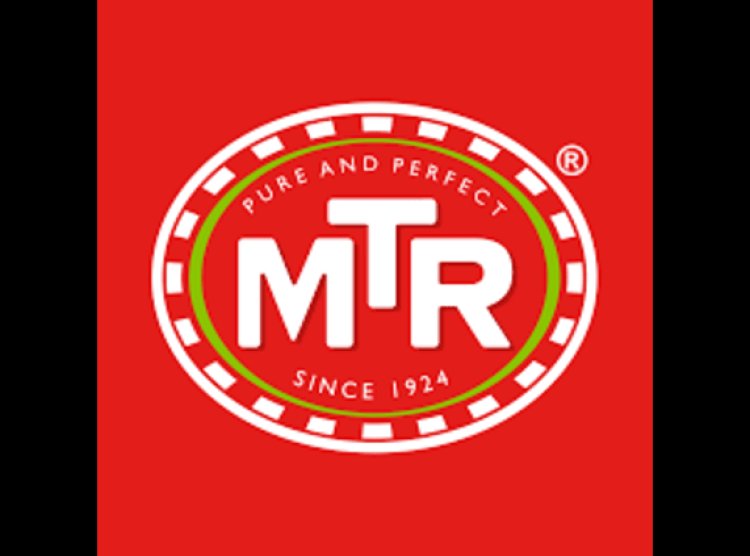MTR Turns 100; Still Fresh, Still Flavorful, Still Awesome!
Celebrating a century of taste with tradition, innovation, and a dash of MTR magic. Here’s to a century of deliciousness and many more to come

Prerna Tiku, the Chief Marketing Officer at MTR Foods, has played a pivotal role in guiding the Indian food brand through its centennial year, blending tradition with modernity to meet evolving consumer expectations.
Founded in 1924 by Yagnanarayana Maiya in Bangalore, MTR started as the Mavalli Tiffin Room (MTR), a modest eatery that has since grown significantly. By 1984, the brand had expanded into Tamil Nadu and Andhra Pradesh, solidifying its presence across southern India.
Tiku, who joined MTR in 2014 after her tenure at Pizza Hut, has been instrumental in transitioning the brand into the digital age. She discusses MTR's enduring success and its strategy of maintaining authenticity while embracing technological advancements.
"We describe ourselves as '100 years young,' not '100 years old,'" Tiku shares. This phrase likened to a growing tree, symbolizes MTR's commitment to staying rooted in tradition while evolving to meet contemporary consumer needs.
One of the key strategies Tiku highlights is the launch of the "three-minute breakfast" range. This initiative, which introduced the MTR Minute sub-brand, was designed to cater to busy, young consumers. "We had to rethink our entire marketing approach," Tiku explains. "The focus shifted from families to individual needs, targeting millennials and Gen Z consumers."
Another notable campaign involved the introduction of Andhra Pradesh and Telangana-style Podis, lentil-based powders used as meal accompaniments. Tiku emphasizes the importance of consumer collaboration in this campaign. "We co-created these products with our consumers, which was a significant factor in their success," she recalls. "It wasn’t just about offering a product but about involving the consumer in its creation."
While innovation has driven many of MTR's recent marketing efforts, Tiku acknowledges that not every idea has been a hit. The launch of vegetable-infused Idlis, for instance, was a concept that was "a little ahead of its time." Tiku notes, "Sometimes the market isn't ready for certain concepts, and it's important to be patient and adapt."
Tiku has also embraced the power of technology, including AI, to enhance various business functions. "We’ve integrated technology across our operations," she says. However, she remains focused on maintaining the brand's distinct voice and ensuring it resonates uniquely with consumers. Balancing technology with a personal touch is crucial in a landscape increasingly dominated by automation.
Looking to the future, Tiku reveals that MTR plans to expand its offerings to include more ready-to-eat sweets and chilled products like signature batters and breads. The company is also leveraging technology to personalize campaigns and engage with consumers on a micro-level.
As MTR marks its 100th anniversary, Tiku’s vision is to honor the brand’s heritage while continually adapting to modern consumer needs. "We recently held a large-scale Food Festival showcasing over 100 dishes from different regions of Karnataka," she shares. This event reflects MTR's effort to connect deeply with its audience by bridging tradition and modernity.
Additionally, MTR has invested in a Cuisine Centre of Excellence, a team of chefs working closely with home cooks to gather over 3,000 traditional recipes. "These recipes are passed down through generations and are integral to our core regions," Tiku explains.
While MTR proudly maintains its local roots, Tiku recognizes the importance of convenience for today’s consumers. "Convenience is crucial, but it shouldn’t compromise taste," she says. "MTR excels in understanding local food and delivering it in a way that meets modern needs."
With a century of success behind it, MTR is poised for a bright future, balancing tradition with innovation to continue satisfying the evolving tastes of its consumers.

 Sumit Rawat
Sumit Rawat 










